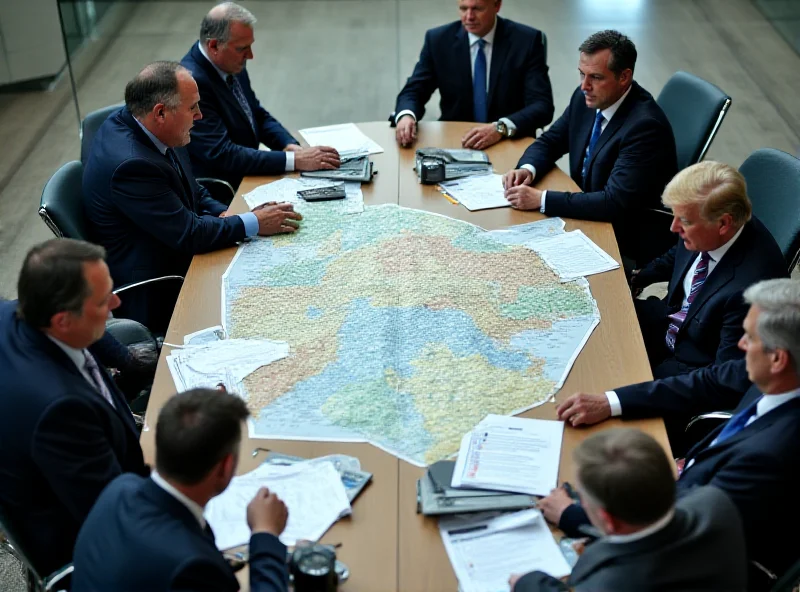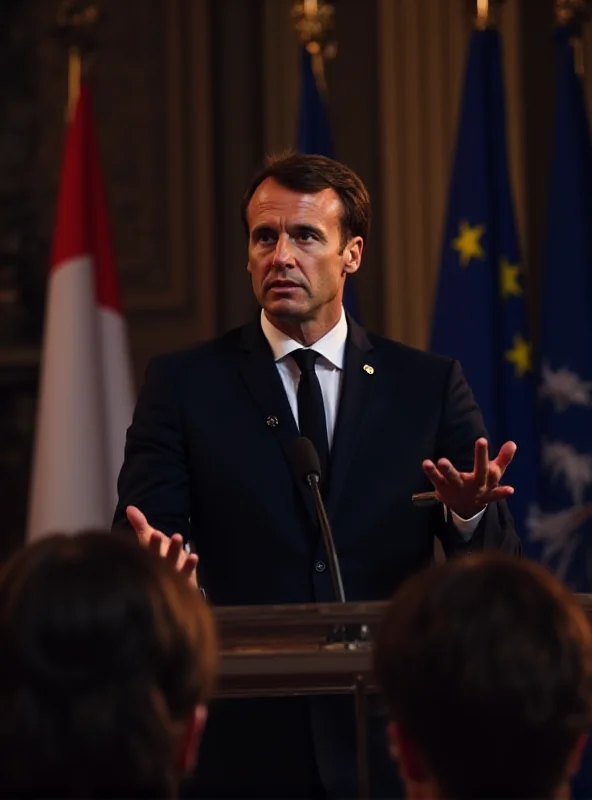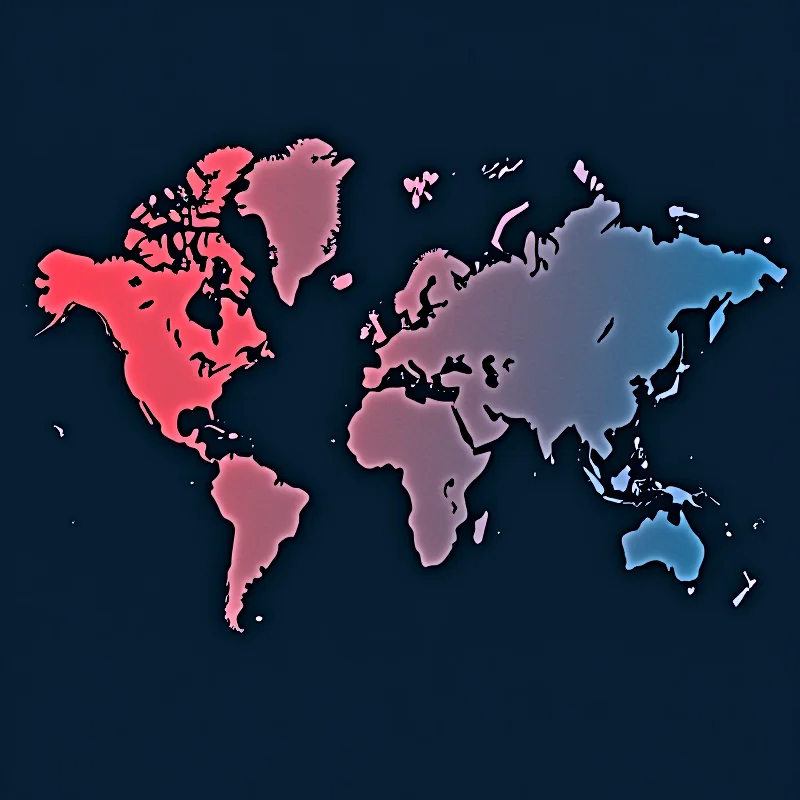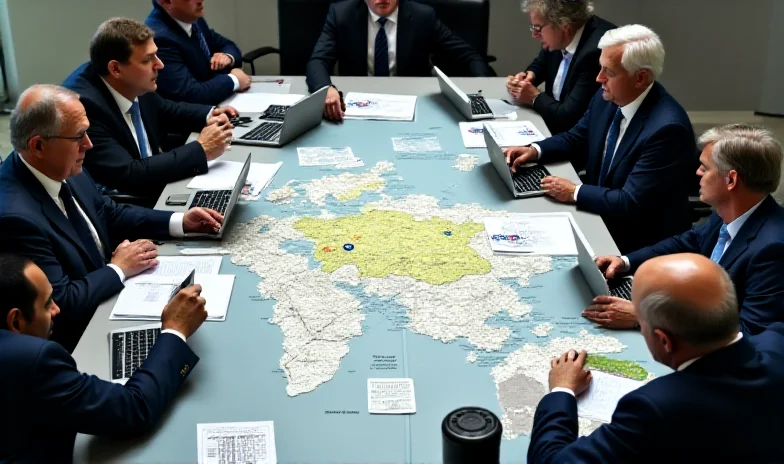As the conflict in Ukraine continues, tensions are escalating on multiple fronts. European nations are increasingly urging the United States to take a more active role, particularly in bolstering security and participating in peace negotiations. This comes as the head of the Ukrainian army visited the eastern front, which faces intense Russian attacks, signaling an escalation in military activity.

Pressure on the United States
European allies are not only requesting the deployment of 'security' troops but are also striving to increase their own military spending. They are also pushing for a seat at the negotiating table to help broker an end to the war launched by Russia. The call for increased U.S. involvement reflects a growing concern over the protracted nature of the conflict and its potential ramifications for European security.
British Prime Minister Keir Starmer recently met with the US President to negotiate guarantees for Ukraine in the event that peace is concluded. "Keir Starmer wants guarantees from Donald Trump in the event that peace is concluded in Ukraine. In his view, this is a way to deter Vladimir Putin from launching another invasion," reports indicate, highlighting the urgency of securing lasting peace.
Macron's Call for European Independence
Amidst the calls for U.S. assistance, French President Emmanuel Macron has issued a strong statement urging Europe to "rediscover the taste for risk and power." Macron criticized what he sees as a tendency among some European nations to adopt a submissive attitude towards the United States. He warned against "a happy vassalage," arguing that Europe must assert its own strength and strategic autonomy.

“I see many people in Europe who say: 'we have to be kind with the Americans, this will pass, we have to submit', he warned. 'But the answer is not in submission, and I am not in favor of a happy vassalage',” Macron stated, underscoring the need for Europe to chart its own course.
A Wider Divide?
The complexities of international relations are further highlighted by recent events involving controversial figures and diplomatic tensions. As Gaby Hinsliff notes, the arrival of figures like Andrew and Tristan Tate in the US coinciding with Keir Starmer's visit underscores a growing ideological gulf between the US and Europe. "It is freedom of speech that reliably seems to galvanise Trumpworld, not the freedom of millions of Europeans to live in peace along Russia’s borders," Hinsliff observes, pointing to differing priorities and values.

The ongoing situation in Ukraine serves as a focal point for these tensions, demanding careful navigation and strategic decision-making from all parties involved.
